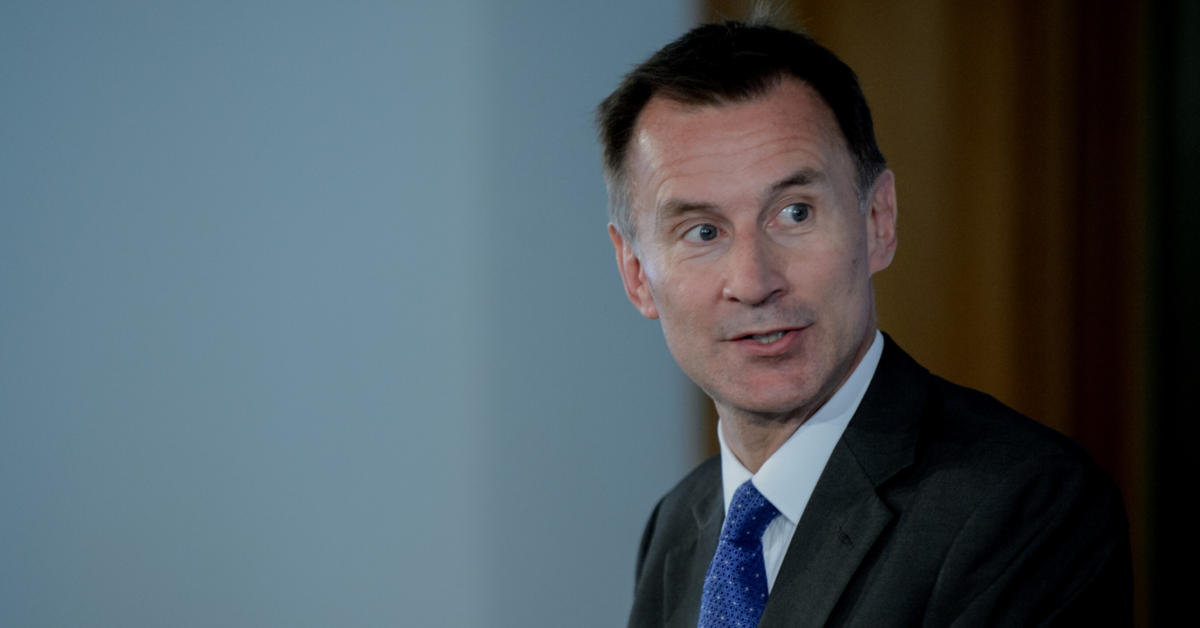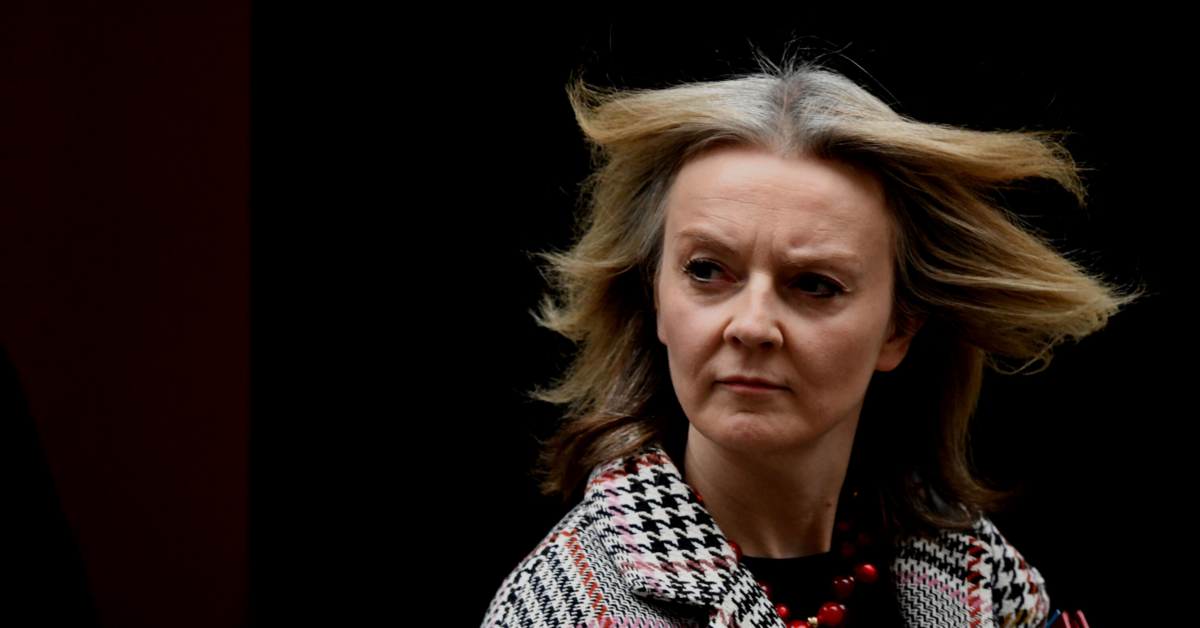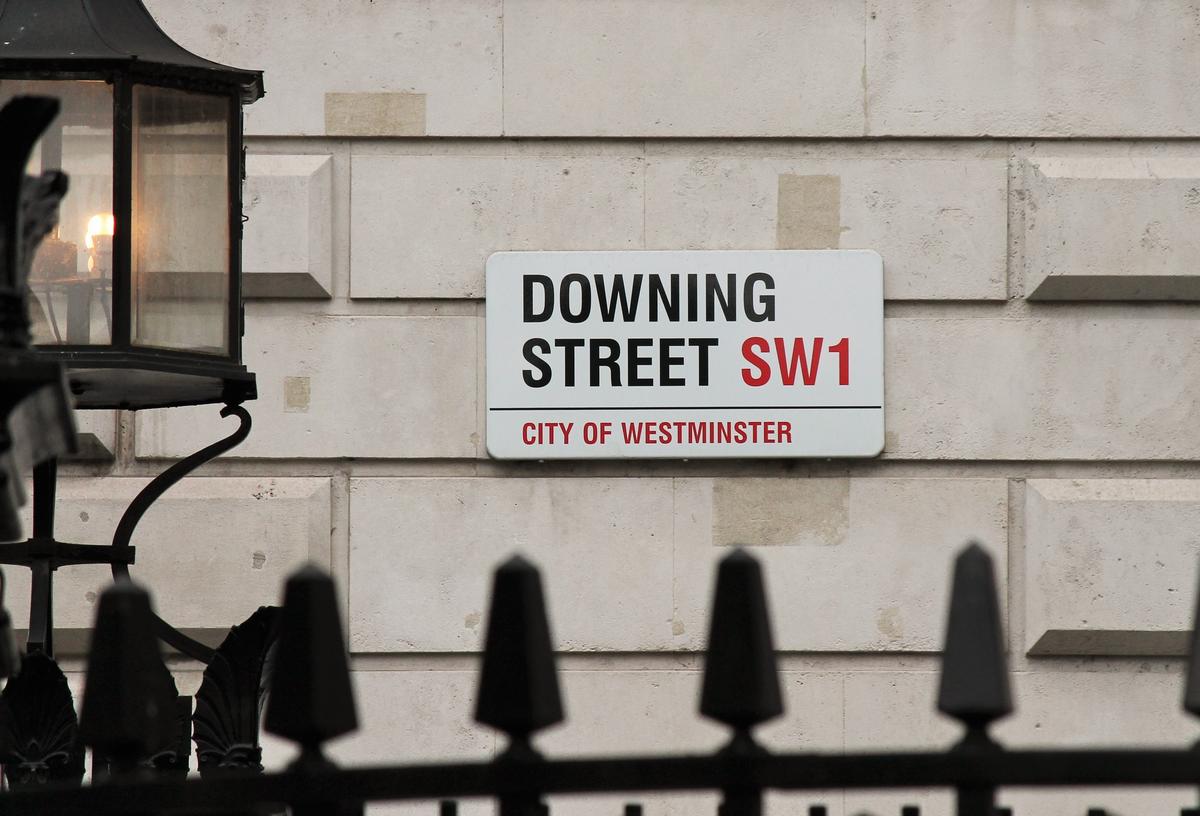What has happened?
And so the chaos continues in UK politics with the dramatic resignation of Prime Minister Liz Truss after only 44 days in office.
In 24 hours of high drama in Westminster, the Deputy Prime Minister, Chair of the 1922 Committee of backbench Conservative MPs and the Chairman of the Conservative Party delivered the news to Truss that she no longer had the support of the Parliamentary party. Within hours, she was on the steps of No.10 Downing Street announcing her resignation.
This follows a tumultuous few weeks, mostly stemming from the disastrous ‘mini-budget’ delivered by former Chancellor Kwasi Kwarteng at the end of September. The ‘mini budget’ was the worst political error since Suez leading to turmoil in the financial markets, the value of the pound plummeting and the cost of government borrowing rocketing. Truss’s ideological crusade to cut taxes and regulation has been in tatters ever since.
The ‘mini budget’ ended up quickly draining all authority from Truss, with direct criticism coming from all sides of the Conservative Party. MPs felt she neither had the mandate for the changes to the economy, nor the ability to deliver these policies. She decided to deviate far too much from the 2019 manifesto to bring many of her MPs with her, and in the meantime has cost the party its prized credibility on the economy. This was further compounded with the sacking of the Chancellor in the fallout of ‘mini budget’. It begged the question, ‘if the Chancellor has to resign, why don’t you?’.
This economic and political failure was combined with dire poll ratings. Many showed the Conservative Party facing a wipeout across the country. The poll ratings changed the calculation for many MPs, with the risks of keeping Truss in place, outweighing the risks of getting rid of another Prime Minister.
A day of chaos in Parliament yesterday was the final nail in the coffin, with the strange resignation of the Home Secretary over a security breach and confusion over whether the Chief Whip had actually resigned over a confidence vote on fracking. This showed clearly that Truss had lost all control and authority over her party. Ultimately, Conservative MPs were not willing to stomach such mistakes from a Prime Minister whom over 2/3rds of which did not support in the leadership contest.
Attention now turns to a leadership contest. The key figures will be Rishi Sunak, Penny Mordaunt and possibly Ben Wallace. However, the spectre of Boris Johnson looms over the party if he decides to run again.
Many MPs believe that there has to be some sort of unity ticket, with popular candidates teaming up to avoid a leadership election that has to go to the membership. Agreeing who may form such a unity ticket is a key stumbling block for progressing with this plan.
All that can be certain is that the next week in politics will be an interesting one.
What happens next
A contest will now be held for a new Conservative Party leader. Graham Brady, the Chair of the 1922 Committee announced that a new leader will be in post by Friday 28 October.
The priority now for Conservative MPs is an orderly transition. The clear intention from senior MPs is that this issue is dealt with in Parliament rather than via an elongated leadership contest with multiple rounds culminating in a vote of members. There is talk that the threshold for candidate nominations could be raised substantially to limit the process to a single ballot between the two strongest candidates.
The Party rules state, however, that if there are two candidates then those MPs will be put before party members to vote upon. How this could be completed within this very short timetable is unclear. Online member voting is apparently an option under consideration. The only way that this can be avoided is if MPs can consolidate around one candidate – and in effect exclude the Party membership from the process. A meeting of the 1922 Committee and the Party Board will take place later today to work out the details.
Beyond this, 31 October is the key date. Members of the Cabinet had previously argued that Truss needed to stay in post until the Medium-Term Fiscal Plan. The balance of risk changed, however, and the new Prime Minister will now be in place just ahead of that announcement. They will have just two days to review their Chancellor’s decisions, potentially some of the most significant spending cuts for a decade, before the publication of the plan.
When the new Prime Minister is in post there is also likely to be some form of reshuffle in the Cabinet and junior ministerial ranks. The Chancellor, Jeremy Hunt is likely to be retained to try to provide some market stability, but beyond him few other Ministers will feel secure.
Runners and riders
Rishi Sunak
Sunak, only an MP since 2015, starts as favourite. He told hard truths to Liz Truss during the summer leadership campaign which turned out to be correct in the fallout from the disastrous ‘mini-budget’. Earlier in the week a poll of Tory members (a notoriously hard group to poll accurately) showed he was now preferred ahead of Liz Truss. But his policies as Chancellor divided the parliamentary party and the last few days have shown that he was not able to get enough support to allow him to ‘emerge’ as the unity candidate. A key test will be whether he can get the support of the majority of the parliamentary party and bring on board significant former Truss supporters over the next few days.
Penny Mordaunt
Third place in the summer leadership election, built on a campaign of plain speaking and positivity secured Mordaunt a voice in the future of the leadership. She clearly wants to be Prime Minister; thinks she could do the job well and would bring people together. But people question her experience and capability, having only held one significant Cabinet job – Defence Secretary – and only for three months. Her refusal to play second fiddle to Sunak is what ultimately has forced this contest rather than a coronation. Her many supporters in Parliament think she is the fresh voice the nation needs as its fifth Conservative Prime Minister in the last six years.
Suella Braverman
Thirty-six hours ago Braverman was the Home Secretary going on a dawn raid with the police. Since then, she’s been sacked, ostensibly over a minor security breach, and sent a vicious resignation letter to the now departed Prime Minister. She is the standard bearer of the right, attacking the “tofu-eating wokerati”, “dreaming” of deporting migrants to Rwanda and hoping to pull Britain out of the European Convention on Human Rights. Her strident right-wing politics surely won’t survive first contact with a vote of the wider parliamentary party given the last few weeks. But her voice and those on the right will be heard loud and clear. Bringing Braverman, her top lieutenant, Steve Baker, and the ERG onside will be essential for the new Prime Minister to hold their party together until the next General Election.
Ben Wallace
The solid ex-army Defence Secretary has become a favourite of the membership as he’s organised weapons for Ukraine and supported our allies against Putin. After flirting with a leadership bid for 48 hours in July, he ruled himself out then and did so again in media comments over the weekend. Media commentators always note that he’s never been tested in other departments or had his life properly scrutinised. Nevertheless, he would be a compelling candidate who could get membership support.
Boris Johnson
The King over the Water…. Quite literally, as he is currently on holiday in the Caribbean. Implausible as it seems, the former Prime Minister has made it known that he will be standing. And with the membership still, in theory, able to have a say in this decision, his return is not beyond imagination. His popularity with the membership is counter-balanced by the public’s deep hostility to him, according to polls. Johnson’s resignation as Prime Minister was fundamentally forced by his inability to adhere to standards of good governance; a situation that became so grievous around 60 ministerial colleagues resigned to force him out. He still has the spectre of the Privileges Committee’s investigation into him which will not take evidence from witnesses – including Johnson – until November. But he won a big majority in 2019 on a very clear platform and his remaining supporters think that is the mandate that the next Prime Minister should deliver – or call a General Election, which likely spells wipeout for the party. His allies are still furious about his departure and will demand revenge in this leadership election – their ire, of course, is particularly focussed on Sunak.
Worth watching
Jeremy Hunt
The new Chancellor has ruled himself out immediately. But his role in ensuring some degree of market confidence in the UK economy means he is virtually unsackable and will likely continue as Chancellor under the new Prime Minister. This means whoever is successful will not be able to pick their own Chancellor or have complete ownership of their economic policy; an unusual position for a Prime Minister to find themselves in, to say the least. Hunt will keep beyond the fray, but his power will be seen everywhere.
Kemi Badenoch
Badenoch’s insurgent campaign in the summer leadership campaign-built momentum and support from across the party. Not expecting the Truss leadership to fall apart so quickly or spectacularly, many saw her as the next leader. Her culture war credentials, intellect, personal story and great presentation mean that her voice carries weight. As does the fact that some of her backers are party power-brokers. Because she’s not held a great office and has only been in Parliament since 2017, she is unlikely to be successful this time round when the party is seeking experience and stability, but she will be listened to and will be able to shape the outcome.
Michael Gove
One of those Badenoch-backing power-brokers is Michael Gove. Surely too divisive and toxic to run under his own steam, he is nevertheless a political genius and will do his best to use his political weight to influence the contest



